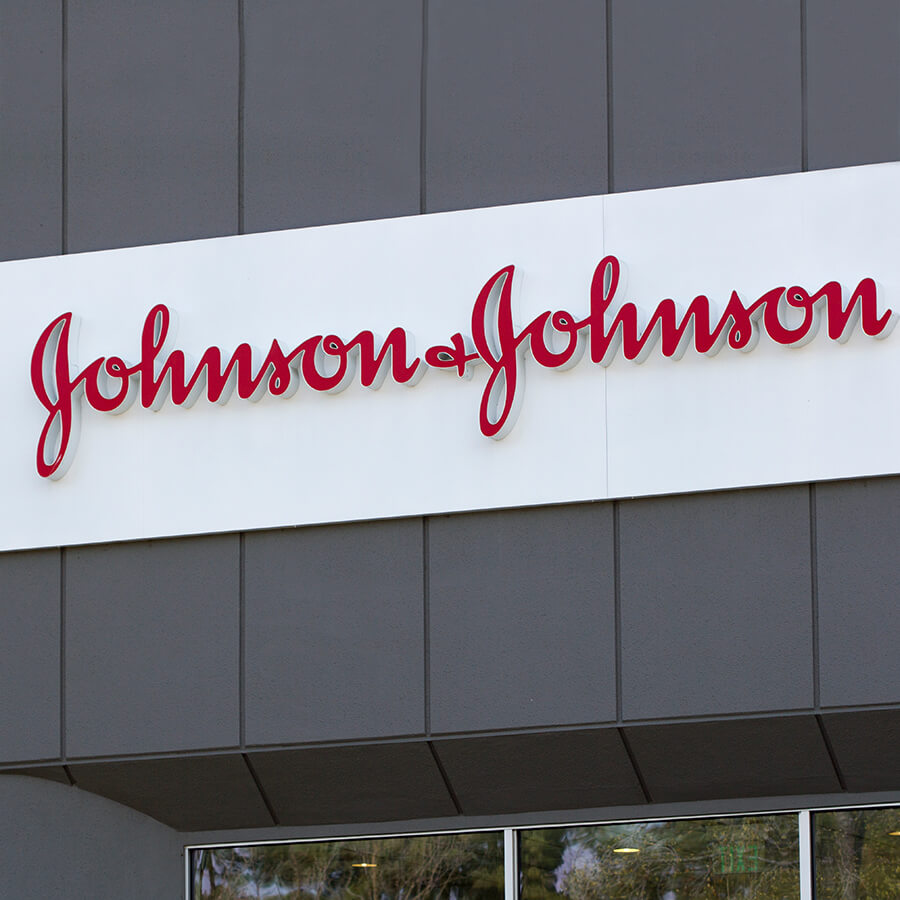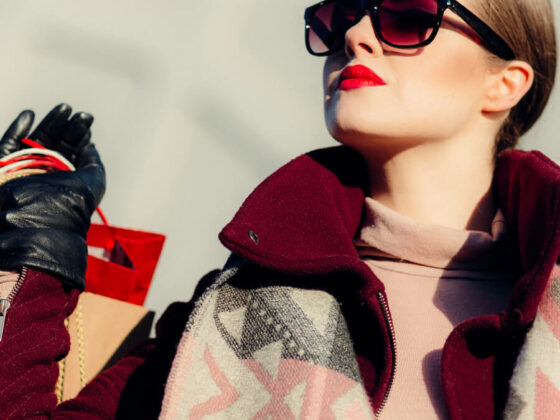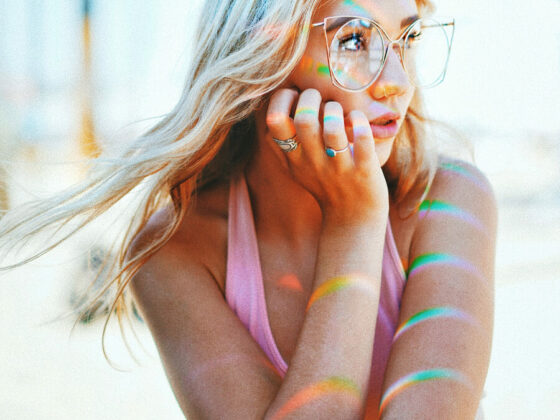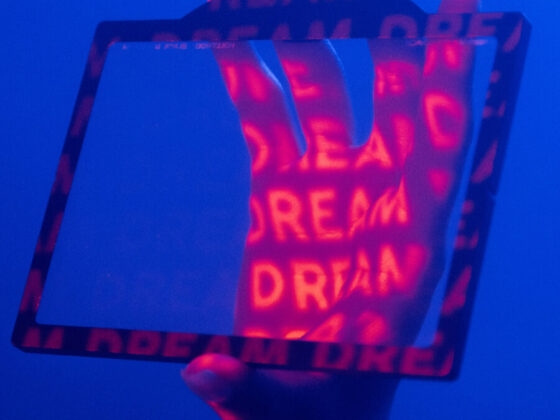The beauty and cosmetics industry is ever-expanding and constantly evolving, with new trends and technologies emerging every year. In this competitive market, some companies have stood out for their exceptional product quality, their innovation and their ability to create iconic brands.
Specifically we will talk about American cosmetic companies, which have been able to conquer the global beauty market, we will also explore some of the most famous cosmetic companies in the world and find out what makes them so exceptional.
We at Studio Concept are specialized in packaging design for cosmetic products. Our team of designers are experienced in creating attractive and functional packaging that meets the needs of our customers.
The international cosmetics market sees a truly impressive turnover, and a variety of full-blown industrial giants. Let’s take a look at the 10 largest companies in the cosmetics industry*. As in all good rankings, we shall present them in ascending order, from smallest to largest.
*data statista.com
Indice
10. Johnson & Johnson. Medication and personal care
This pharmaceutical company even owns numerous personal care brands such as Neutrogena or Johnson’s baby toiletries. It’s noteworthy to mention that, in the United States, the company was made to pay out massive sums in compensation to users of their talcum powder, after it was proven to be carcinogenic due to production in contact with asbestos.
9. Coty. Cosmetics celebrating authenticity
Unleashing and celebrating the diversity in beauty is Coty’s motto. They boast a portfolio shared between luxury and consumer brands. Among their luxury brands are Lancaster and Chloé, while their consumer brands include the famous Rimmel, as well as Max Factor, the makeup of makeup artists, which is quite popular in Italy.
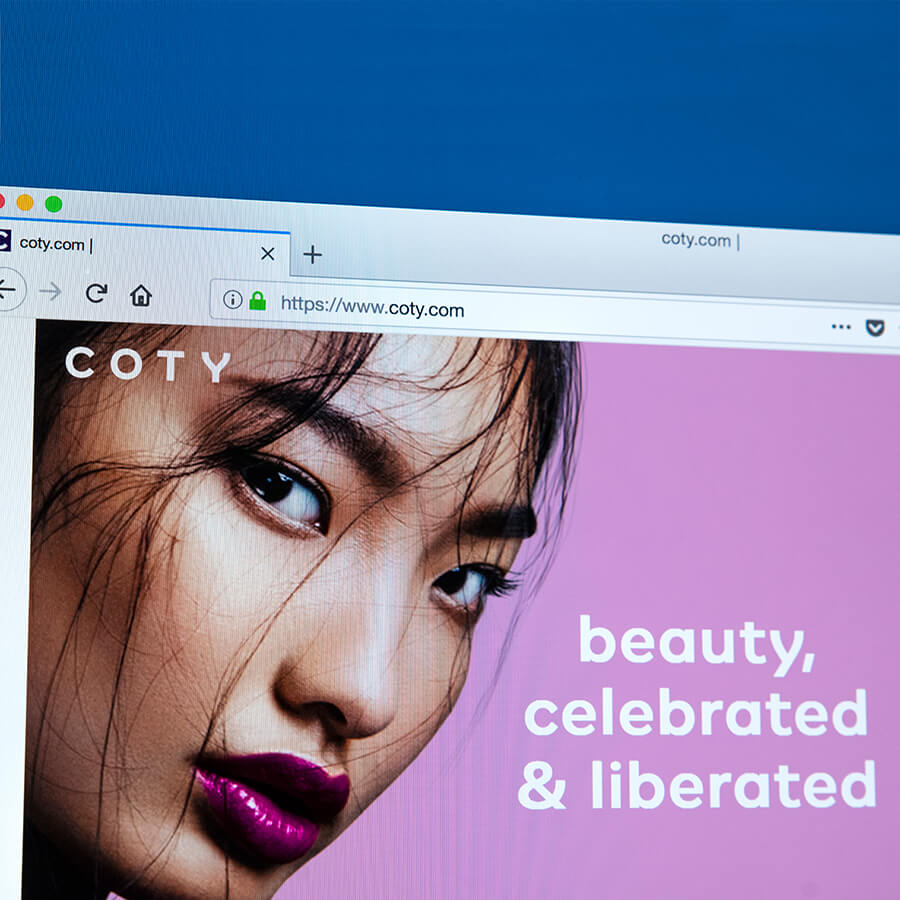
8. Kao Corporation. Sustainability as the key to success
Founded in 1887, the Japanese company owns dozens of brands related to cosmetics and home care, spanning the domains of Cosmetics, Skincare and Hair Care, Salon, Human Health Care, Fabric and Home Care, and Chemical Products.
7. Beiersdorf. Care, simplicity, courage, confidence
Marketing itself with these 4 simple but meaningful words, the German multinational specializes in skin care, owning several well-known consumer brands such as Nivea, Eucerin and Labello.
6. LVMH. Luxury products ranging from cosmetics to wine
The French group is made up of 75 luxury brands, and brought in 45 billion in revenue in 2020 along with its 150,000 employees. Creativity and excellence are the group’s motto. They have 14 highly successful brands in the cosmetics industry, including Guerlain, Parfums Christian Dior, Benefit Cosmetics and Fent Beauty by Rihanna. They also have a strong presence in fashion, with brands like Dior, Fendi, Loro Piana and many others, also dealing in jewelry, wines and spirits, and selective distribution.
5. Shiseido Co. The power of beauty from Japan
We begin the top five with Shiseido cosmetics, which dates back to 1872, when it first opened its doors in Ginza, Tokyo’s big commercial district, where the headquarters are located to this day. Bringing happiness through beauty is the company’s mission, which it realizes through its many brands, each with a strong personality of their own, and which span various domains; Prestige, Cosmetics, Professional, Health Care, Life, Quality, Beauty. Fun facts: Dolce & Gabbana is also a Prestige brand, and there is also a Prestige brand called ‘Drunk Elephant’.
Contact us for more information about our services
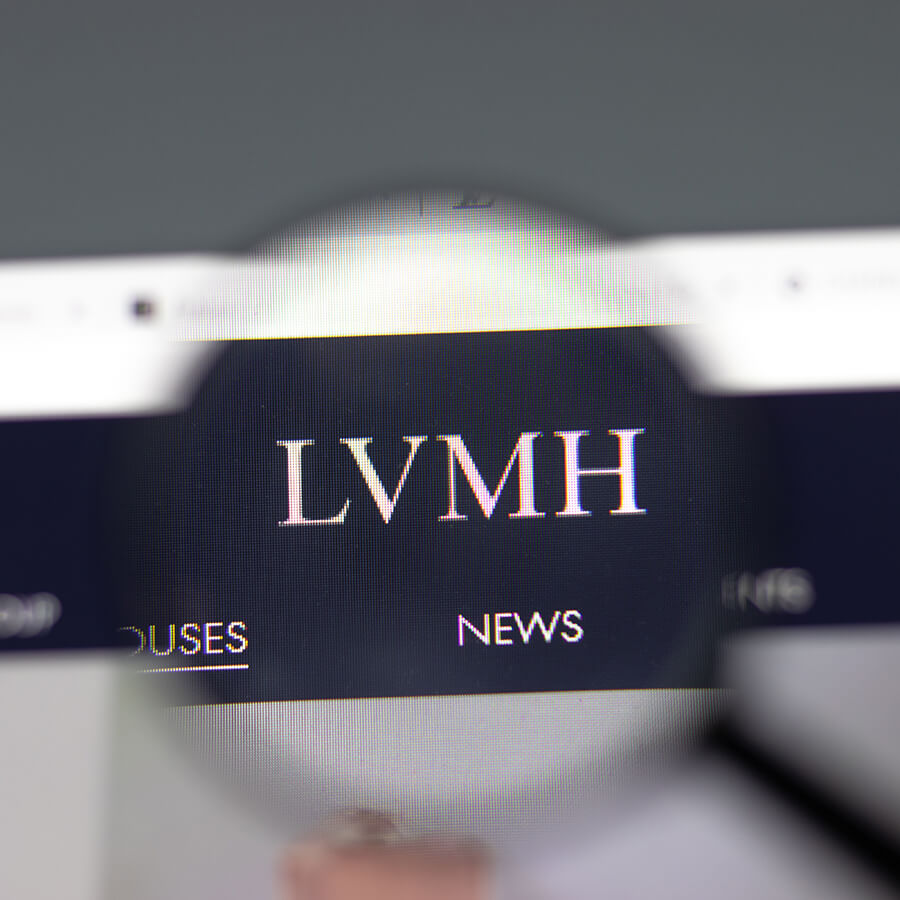
4. The Estée Lauder Company. A portfolio of cosmetics brands
Coming in fourth place is The Estée Lauder Company. Since 1946 the company has had a dedication to selling high-quality perfume, and today owns more than 25 prestigious brands, sold across 150 countries. All these brands have their own marketing and communication strategies, and so you may not have known until now that Clinique, Jo Malone London, M.A.C., Michael Kors Beauty, and of course Estée Lauder, are all members of the same family under this company.
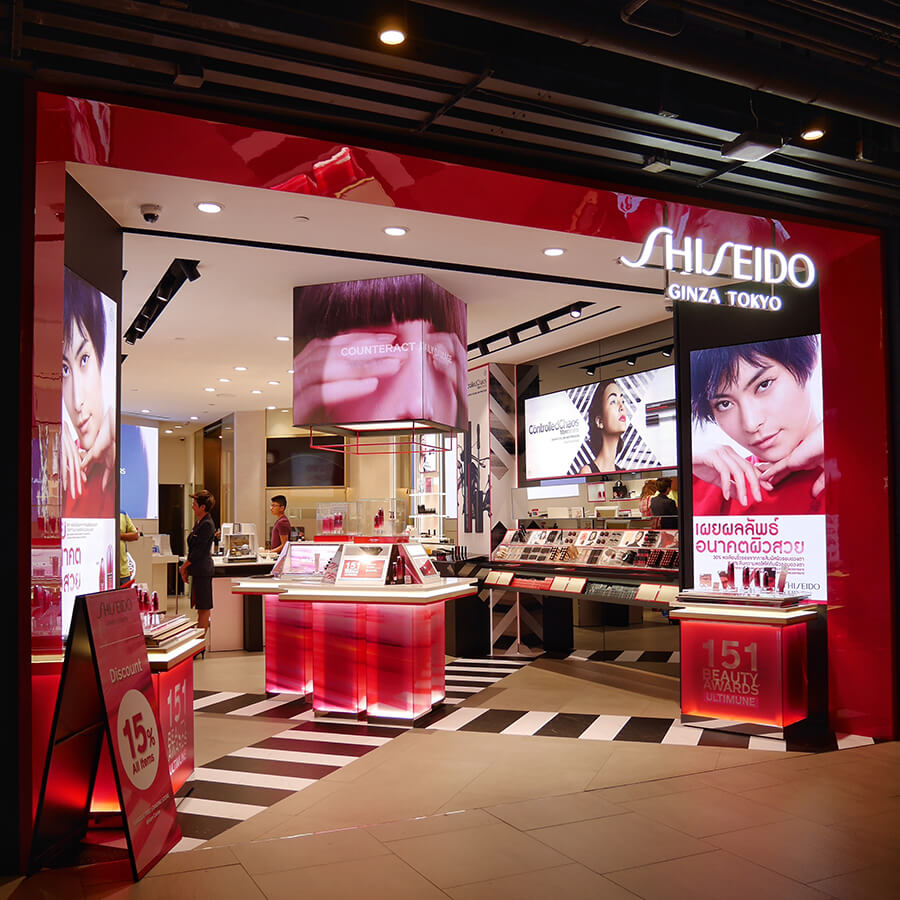
3. Procter&Gamble. Cosmetics and Home products
In third place comes the American multinational P&G, a massive multi-sector organization. Their cosmetics, which are what put them in third place, include Olaz’s skin care, Braun and Gillette’s shaving products, and hair products from two classic brands, Pantene and Head & Shoulders, as well as a recent arrival (at least in Italy), Herbal Essences, inspired by nature. Other sectors of the company remain firmly in the somewhat related domains of health care, oral hygiene, textiles and home.
2. Unilever. Giant of cosmetics… and stock cubes
Second place goes to Unilever, which owns so many brands, it’s impossible to list them all! The UK-based multinational owns more than 400 brands spread across 190 countries, according to data from their international website. The brands are divided into macro-sectors, with the Beauty & Personal Care sector including brands ranging from Dove to Sunsilk, from Fissan to Noxzema. The other two sectors they are involved in are Food & Refreshment (Knorr, Cornetto, Lipton …) and Home Care (Cif, Coccolino …).

1. L’Oréal. Multinational dedicated to cosmetics
“Nothing but beauty, only beauty, for all kinds of beauty.” is one of the phrases on the front page of the website of the L’Oréal group, the French multinational that ranks as the largest cosmetics company in the world as of 2021. It exclusively sells cosmetics and has various divisions:
- Consumer Products aimed at a broad consumer base, such as L’Oréal Paris, Garnier, Maybelline NewYork, or Essie.
- L’Oréal Luxe, with brands sold in perfumeries and single-brand stores, such as Lancome, Giorgio Armani Beauty, Valentino, Shu Uemura, Prada and many others.
- L’Oréal Professional Products, brands made for beauty and haircare salons, such as Kérastase, Redken or Matrix.
- L’Oréal Active Cosmetics, consisting of brands available in pharmacies, such as Vichy, La Roche Posay and SkinCeutical.
Each brand has its own kind of distribution (large retailers, perfumery, pharmacy, etc.), but also its own marketing. Most people will be unaware that Valentino perfume, Essie lip gloss and La Roche Posay cream for sensitive skin are all from the same company.
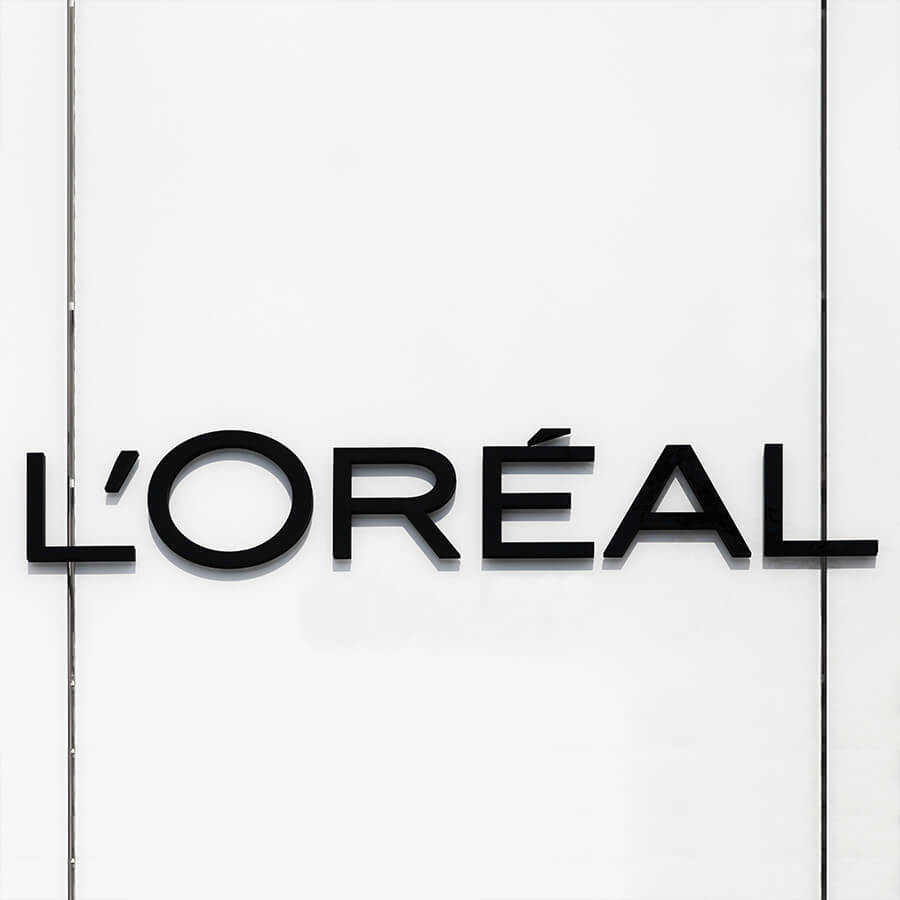
What we can learn from the success of the largest cosmetics companies
Huge corporations like these live in a different reality to smaller companies, but we can take 3 lessons from their success that will apply to a business of any size:
- Having a corporate mission is important and provides guiding principles for all new projects, from business card design to product range. For example, only selling products with at least 90% natural ingredients.
- To increase revenue, it is helpful to sell products under various different brands kept strictly separate, for example a more luxurious brand and one aimed at young people, as this broadens your potential customer base. For example: a natural range at affordable prices vs. a natural range with additional scientifically developed ingredients at luxury prices.
- You can always strengthen your business by turning to foreign consumers, as long as you make the necessary changes to products, at minimum in terms of graphics and marketing, but also doing things like making sure to check local legislation so that you get a correct INCI.
Studying multimillion-dollar companies may not turn you into a cosmetics tycoon, but it can spark some useful reflection. Now get to work and apply these lessons!


